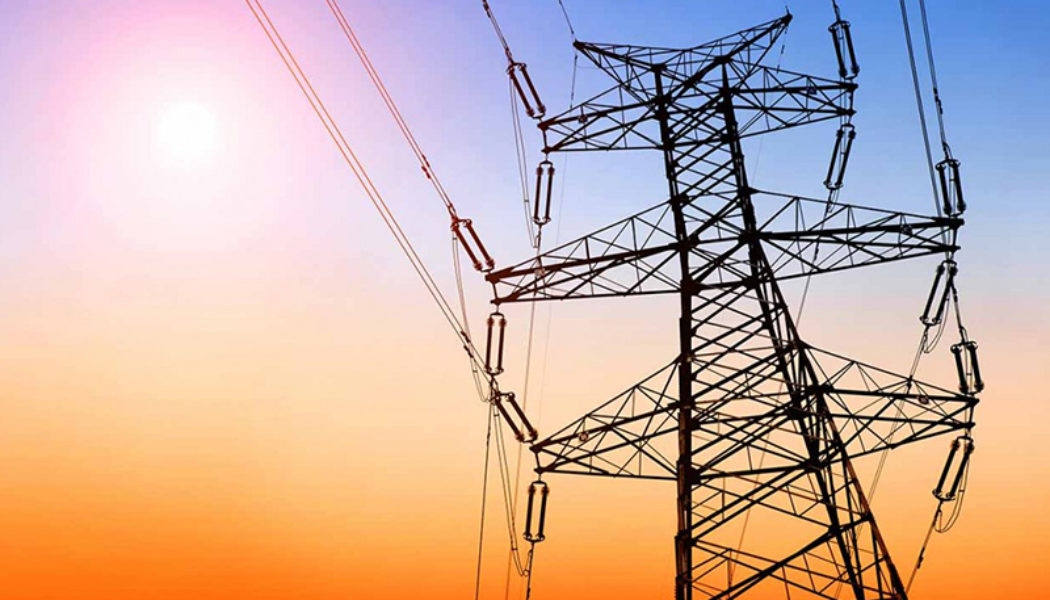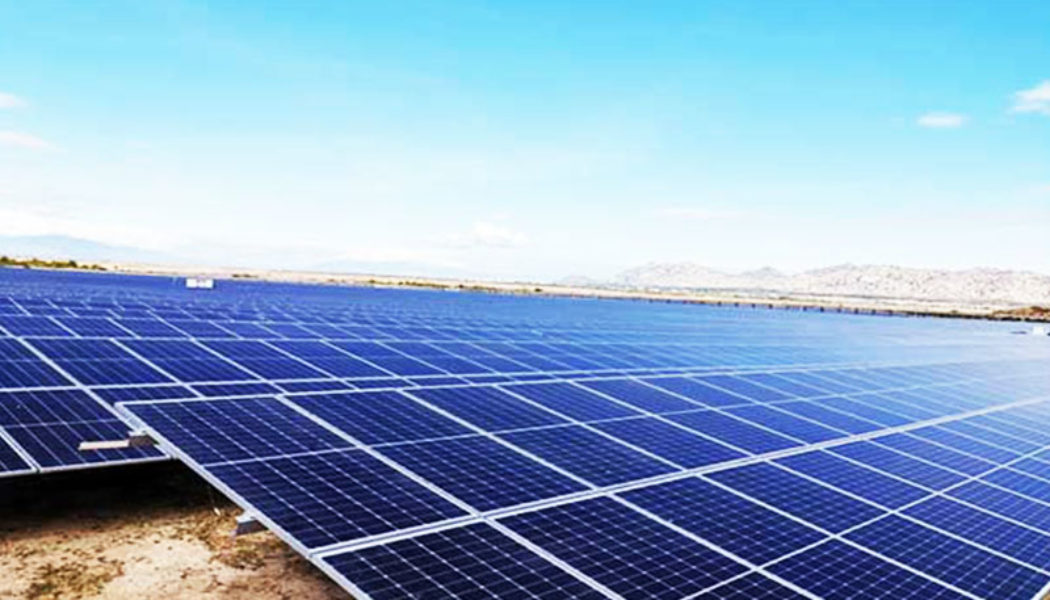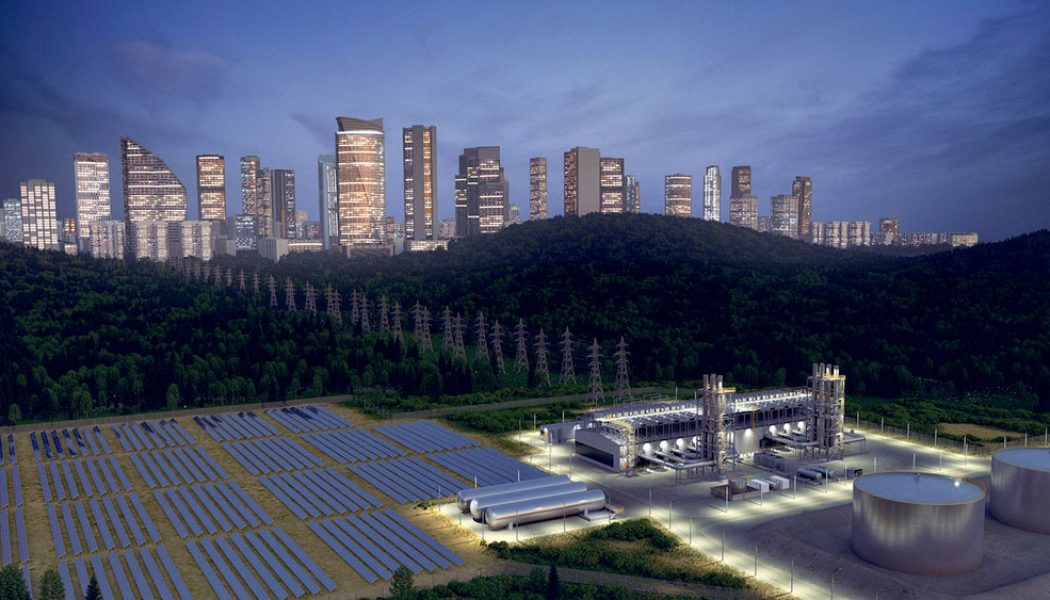Renewable Energy Africa
New Renewables Offer Energy Security for SA’s Beleaguered Economy
Sourced from Saur Energy. /* custom css */ .tdi_4_bb6.td-a-rec-img{ text-align: left; }.tdi_4_bb6.td-a-rec-img img{ margin: 0 auto 0 0; } In a bold move last year, the South African government launched an emergency energy procurement plan with a view to relieve the current energy crisis and limit load-shedding. The shortfalls are currently partially alleviated, however at great expense, as there is extensive use of diesel-based open cycle gas turbines. Such fossil-fuel-based contingencies undermine our ability to reduce carbon emissions, curb global warming, and achieve sustainable development. /* custom css */ .tdi_3_b0f.td-a-rec-img{ text-align: left; }.tdi_3_b0f.td-a-rec-img img{ margin: 0 auto 0 0; } Dubbed the Risk Mitigation Independent Power Producer Procurement Program (RMIPPPP), t...
Energy Storage Technology Could Put an End to Africa’s Blackouts
Sourced from The Times UK. A shift from Africa’s traditional approach to power generation is needed to unleash the continent’s clean energy potential and secure an African future free from blackouts. A strategy centred around energy storage and flexible power systems will be the key to guaranteeing the reliability of a high-renewable grid, while also lowering the cost of electricity for Africans. As Africa’s economies and populations steadily grow, so too does the demand for reliable electricity. Simply put, new power plants need to be built, and the reliability of electrical systems needs to be vastly improved. But here is the challenge: How can African countries build an electrical system that can both integrate a large amount of inexpensive but intermittent renewable energy, while at th...





